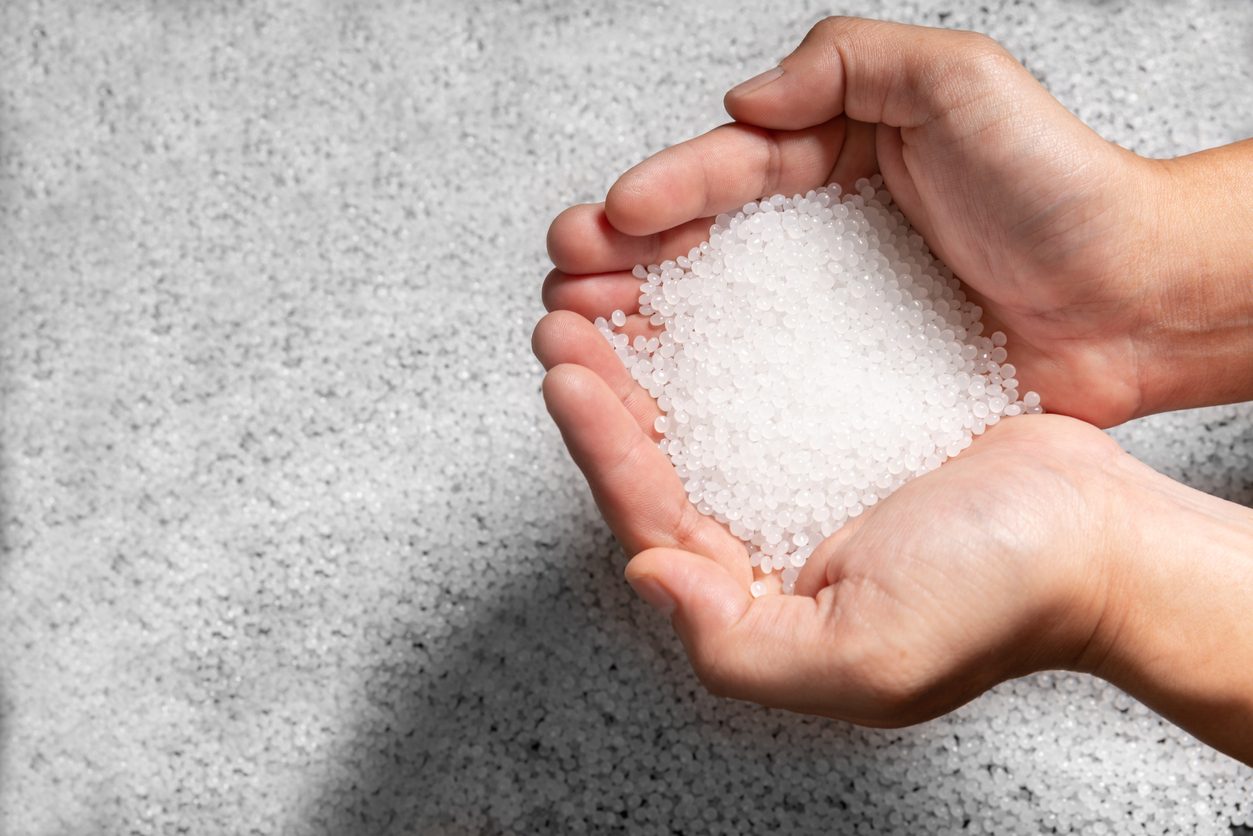SPECIALTY CHEMICALS
Many specialty chemicals are produced using batch processing. Continous processing using catalysts, services, and systems from Applied Catalyss enables higher productivity with lower production costs. Applied Catalysts offers assistance in converting your batch chemistry to a continuous fixed bed process at all sages of development.
01
About Our Process
Current batch reactor processes can be converted to continuous processes by catalyst selection and engineering to commercial systems.
02
Pain Points We Solve
It is not common to have an organization that spans the catalyst development process from lab scale to commercial production.
Implementing catalyst development technology rapidly enables rapid commercialization and maximizes the NPV created by implementing the developed catalyst.
Bring Us Your Challenge
Are You a Catalyst, Service or Systems Provider?
CATALYST DEVELOPMENT SERVICES
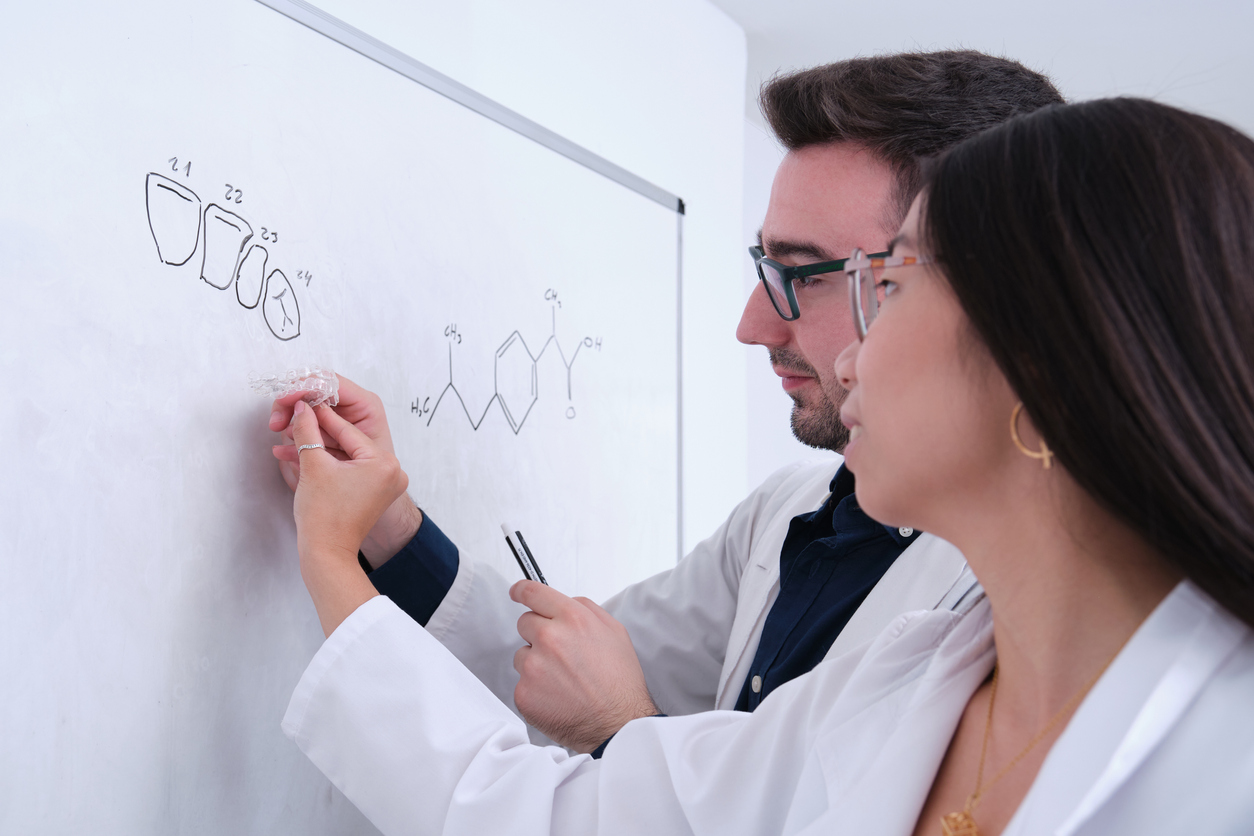
Catalyst Development
Applied Catalysts offers catalyst development services based on heterogeneous catalysts. Combining our testing services with our catalyst development services accelerates project success and maximizes value creation for the customer.
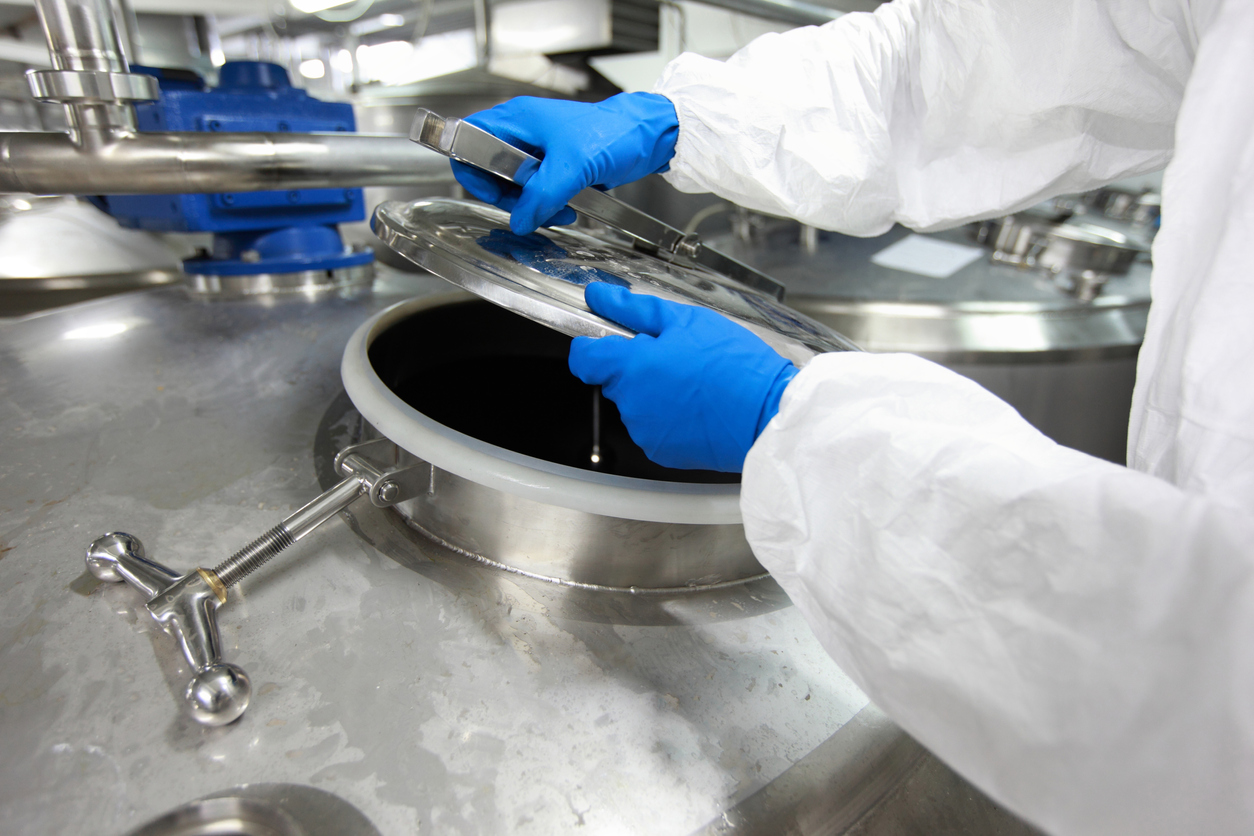
Catalyst Sourcing
There will be times when alternate suppliers are needed. As a supplier of catalyst and process technology ourselves, we can help customers source catalysts and chemicals in many areas.
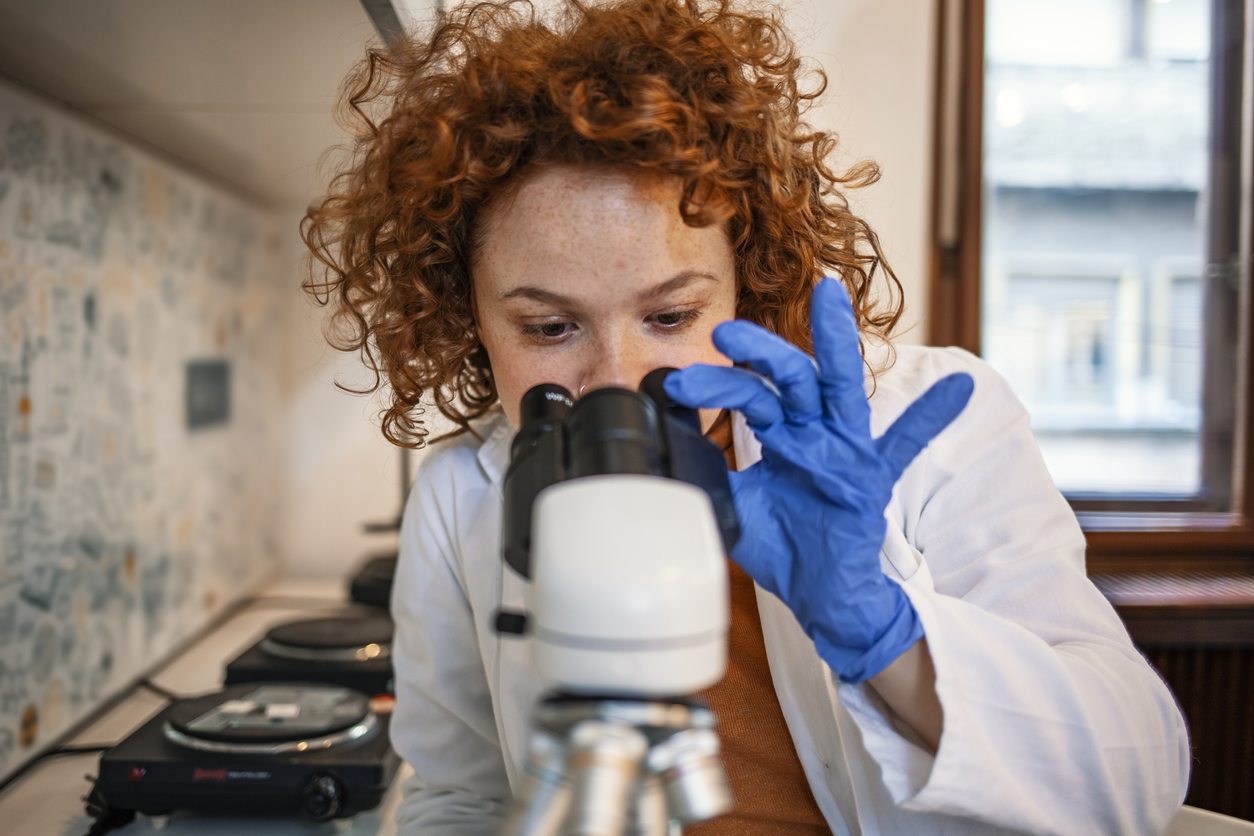
Catalyst Testing
We offer lab-scale and show-tube scale testing of hydrogenation and other chemical processes under reductive or inert conditions. Other chemistries can also be run by request.
CATALYST SYSTEMS
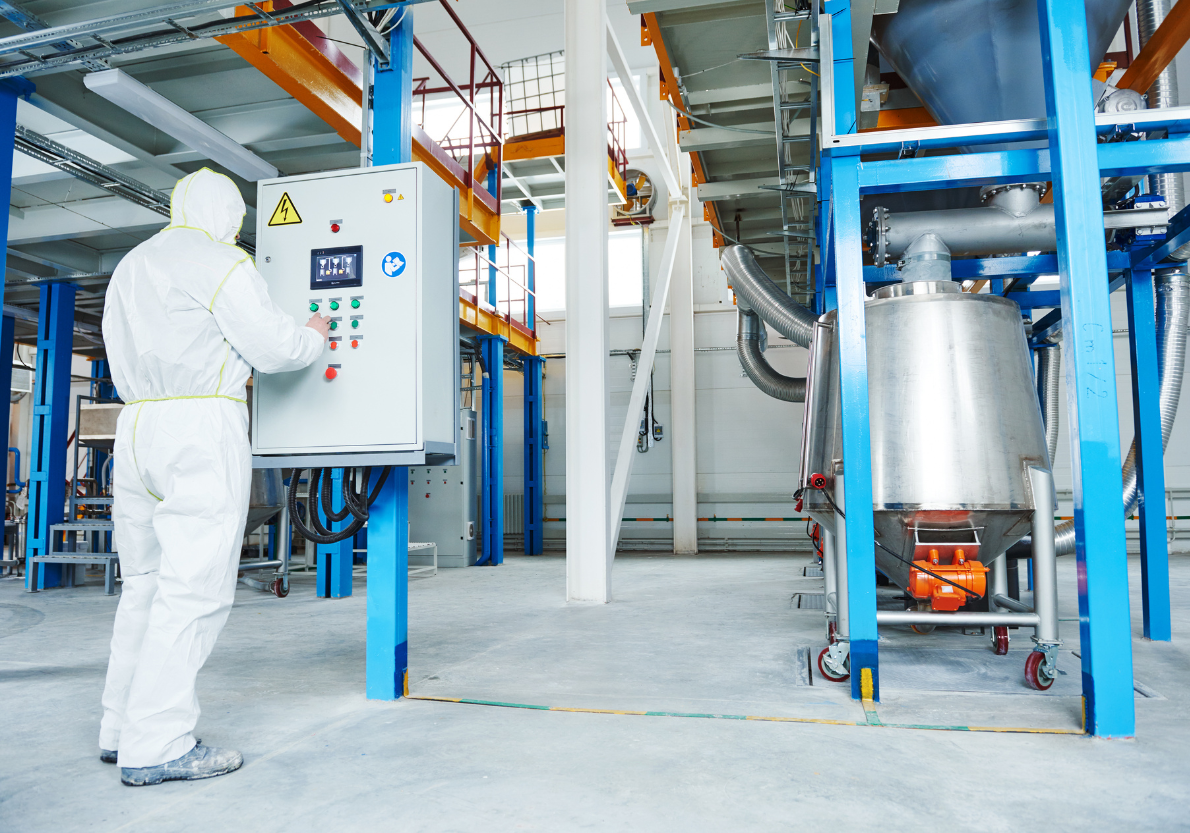
Batch Reactor Systems
Batch reactor systems offer a reliable and flexible way to manufacture a wide range of chemical products and allow for better control over each reaction step, making them an ideal choice for many chemical manufacturers.
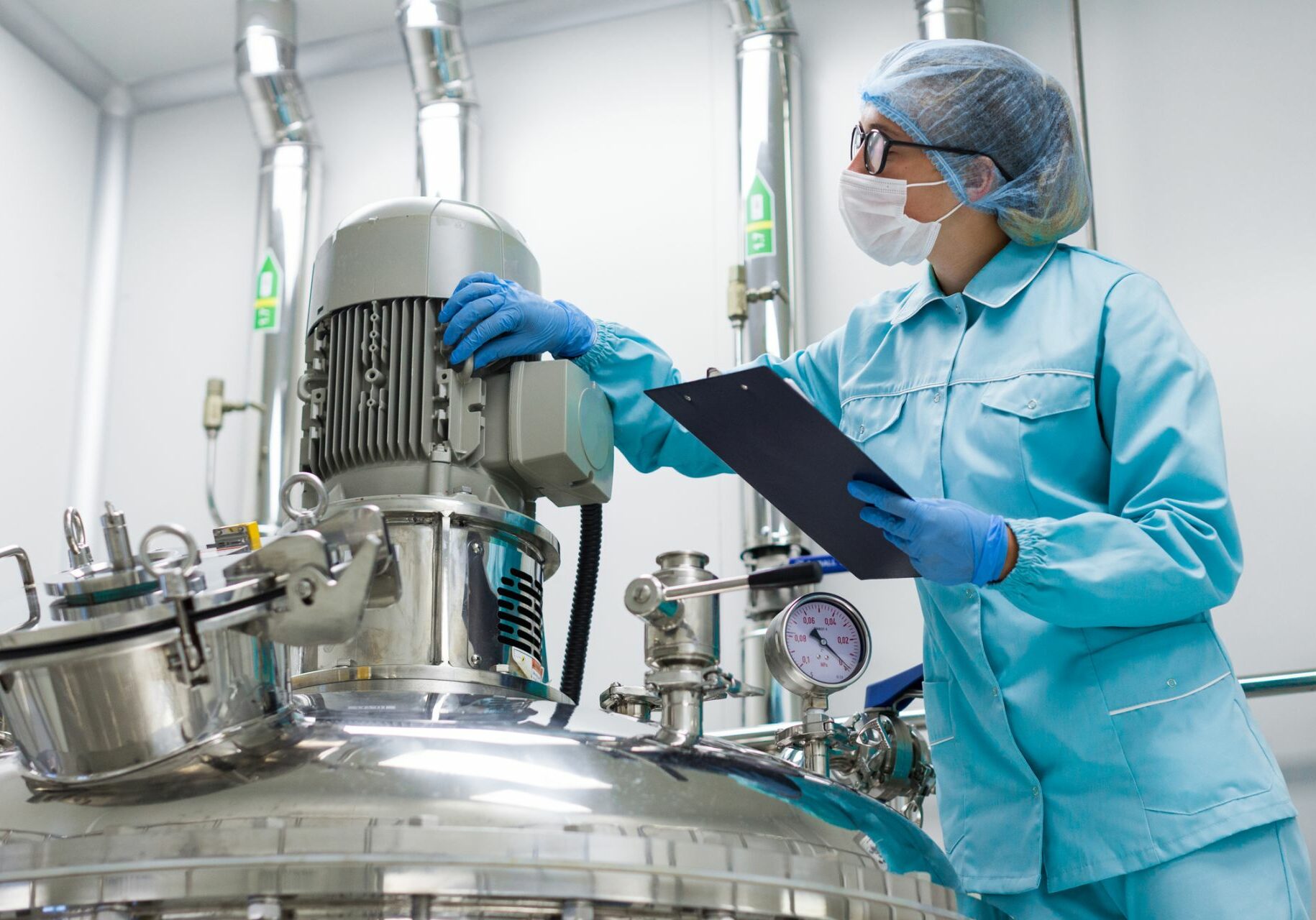
Continuous Reactors
Our continuous reactor systems offer productivity, reliability, and cost advantages for chemical manufacturing. Turn-key systems can be delivered.
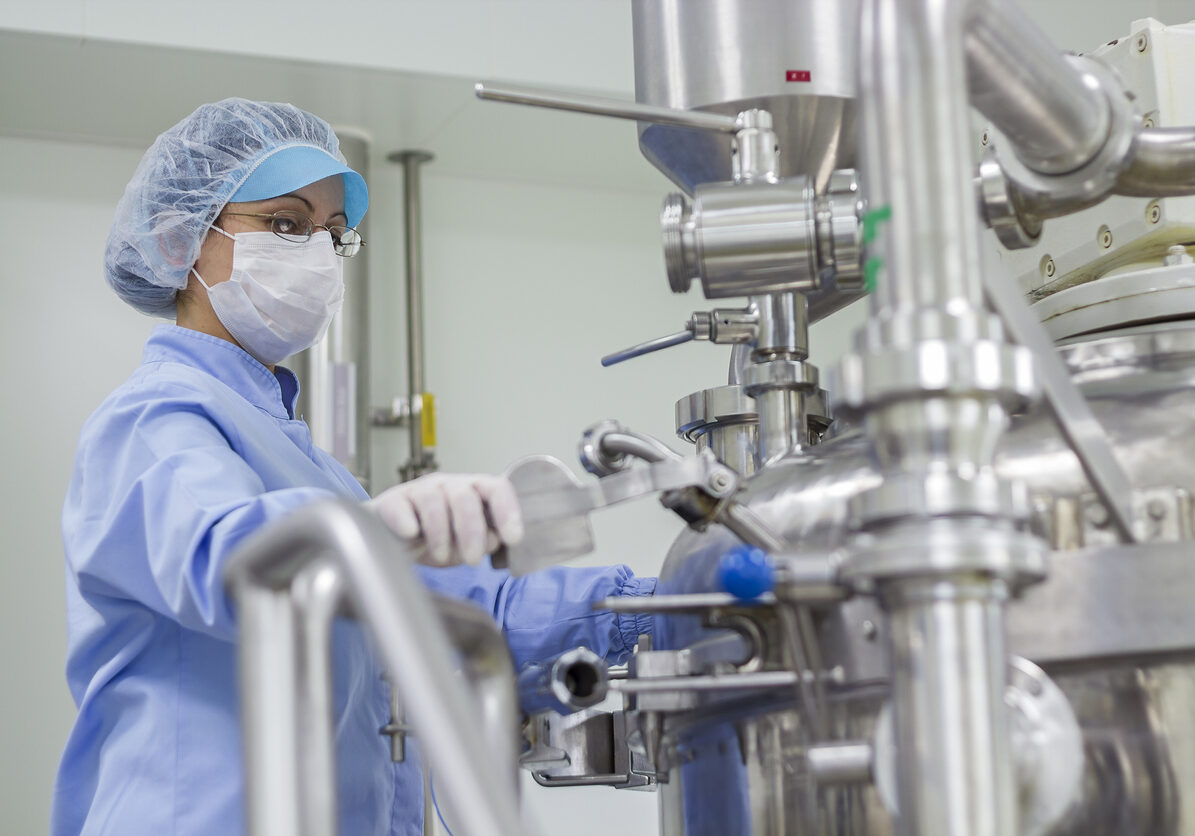
Modular Process Systems
Designed for flexible just in time manufacturing, our modular process systems are the perfect tools for increasing productivity and driving profitability.
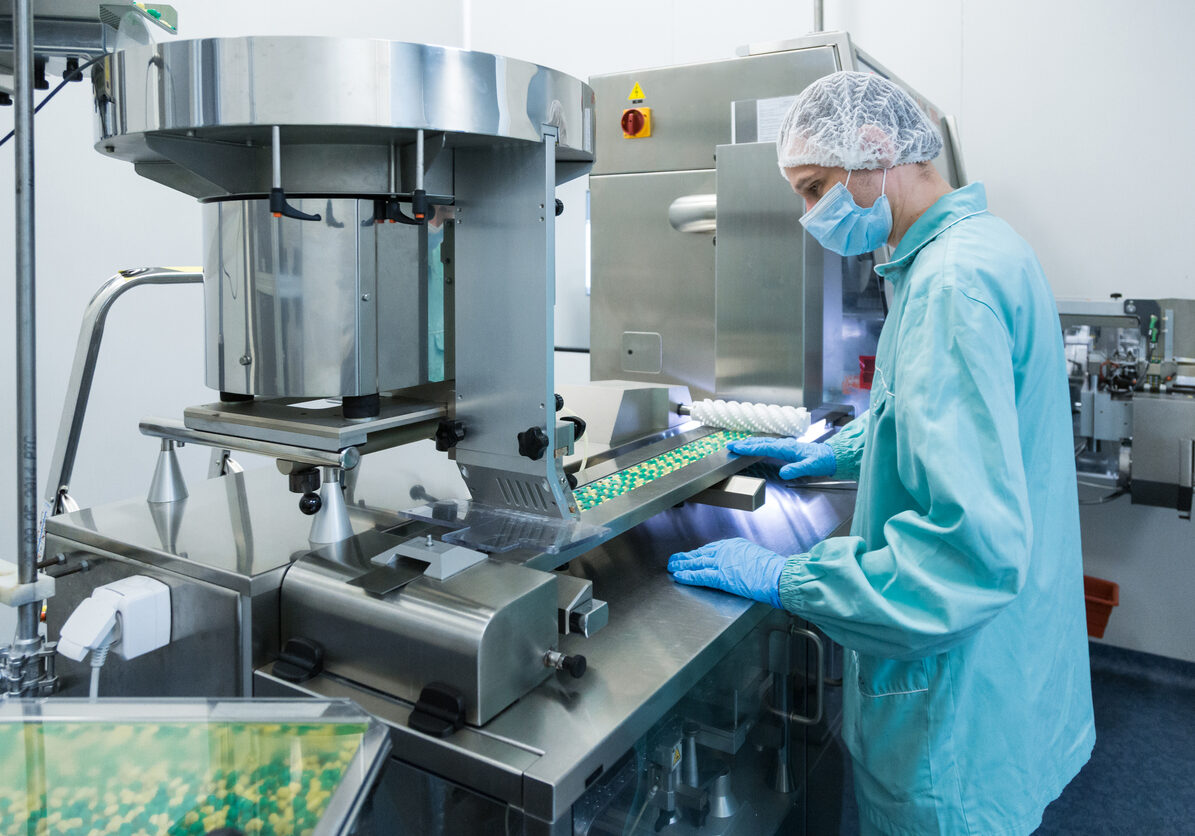
Separation Systems
Separation Systems are integral to a variety of industries that involve the processing of complex chemical mixtures that require safe, efficient, and reliable process equipment.
CATALYST PROCESSES
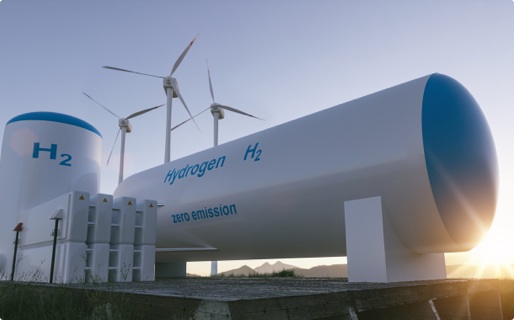
Hydrogenation
Hydrogenation is an essential process in a number of chemical process industries, including Specialty Chemicals, Pharmaceutical intermediates, and Polymers. We offer robust hydrogenation catalysts, systems, and services for a variety of classes of chemistry at the lab, pilot, and production scale.
APPLICATIONS + INDUSTRIES SERVED
Install a Continuous Process for your Current Batch Process with Applied Catalysts
Here is what you can expect:
-
catalysts proposed for your process based on internal and external catalyst options
-
semi-pilot and show tube demonstrations including Pilot production runs for market development
-
lab scale testing and catalyst development, as needed
-
engineering and fabrication of modular pilot and commercial systems
Bring Us Your Challenge

